West Hawai‘i lauhala weavers prepare for 52nd Kona Coffee Cultural Festival

Lauhala weaver and kumu (teacher) Barbara Watanabe and a few of her close friends have spent hours mindfully constructing intricate designs in an effort to perpetuate the art and culture of ulana (weaving), taught to them by their kūpuna.
“I’m very fortunate I got to weave with the old masters before they passed on,” she said. “And they were so generous in the sharing of their knowledge.”
This coming month, attendees at the 52nd Kona Coffee Cultural Festival will have a chance to learn from Watanabe and other talented local weavers and see their designs in-person on Nov. 11 from 9 a.m. to 3 p.m. during the festival’s ho’olaule’a at the Makae’o Pavilion.
Watanabe is known for her pāpale (hat) designs, which were featured on the runway during New York City Fashion Week as part of Hawaiian designer Micah Kamohoali’i’s show.
She humbly pays tribute to those who taught her, and to the weavers who helped perpetuate the craft.
“It was really dying away,” she recalled.
She remembers learning from Ed Kaneko, Aunty Josephine Fergerstrom, Jim Skibby and Hulali Jewell, some of whom took part in the inaugural Kona Coffee Cultural Festival in 1970.
The Kona Coffee Cultural Festival started in an effort to preserve, perpetuate and promote Kona’s coffee heritage that now is nearly 200 years old. It kicks off Friday with a Made in Hawai’i Artisan Market at Hale Hālāwai County Pavilion.
Watanabe said the festival speaks to West Hawai‘i’s ties to the coffee industry, and remembers growing up in Kona and picking coffee with her friends.
“It was the foundation we all were raised on,” she said about coffee. “…it was everything.”
During the days of coffee farming in Hawai’i, lauhala weavers would create baskets that would be used by the coffee pickers in the field.
Friend and fellow weaver Karen Hasegawa said she remembers those baskets, and recalled how they used metal and old tires to make them sturdy. She also remembers her mother making small baskets to tie around her neck.
Hasegawa grew up watching her grandmother and mother weave, and later learned weaving from Josephine Fergerstrom, Ed Kaneko, and Jim Skibby, as well. She learned the crownless pāpale (hat) from Aunty Josephine.

She said it’s a tradition that’s been passed down throughout time.
“It started with the old-timers,” Hasegawa said. “Most of them are gone. Next generation took over, in our 60s and 70s now, and getting some of the younger ones. That’s how it goes.”
Lauhala weaving is a tradition in Hawai‘i, where leaves (lau) of the hala tree are used to make various items such as hats or mats. The leaves are collected, either after they have fallen to the ground or are picked from the tree when they turn brown. Then they are cleaned, washed and dried.
Today, lauhala is growing in popularity – with designers all over Hawai‘i and the world creating everything from earrings to bracelets. But to Watanabe, it’s important to not lose the aloha spirit and culture along the way.
“We need to perpetuate this,” she said. “We can’t let this go. This was so important in Hawaiian culture. They made everything with it.”
Along with lauhala weavers, there will be various artists featured at the festival, including woodcrafters, and local honey producers.
Ally Brown, executive director for the Kona Coffee Cultural Festival, said she is looking forward to the upcoming event featuring talented local artists.
“I am so inspired by the incredible talent and passion of the artisans participating in all of the festivals and events,” she said. “Their dedication and skill elevate our festival, making it a celebration of artistry and culture.”
For more information about the coffee festival visit this website.
The 52nd Kona Coffee Festival Cultural Schedule:
- Friday, Nov. 3: Made in Hawai’i Artisan Market from 2-9 p.m. at the Hale Hālāwai County Pavilion.
- Sat., Nov. 11: Ho’olaule’a from 9 a.m.-3 p.m. at the Makae’o Pavilion at Old Airport
- Sun., Nov. 12: Big Island Showcase/Kona Coffee Expo from 11 a.m.- 4 p.m. at the Outrigger Kona Resort & Spa
Sponsored Content
Comments




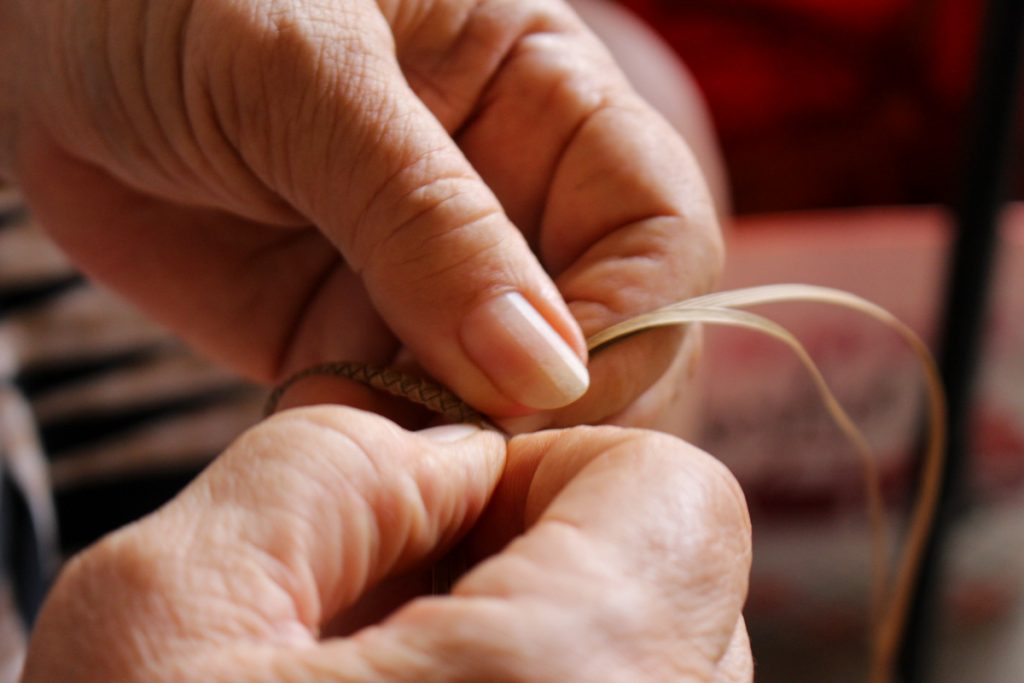
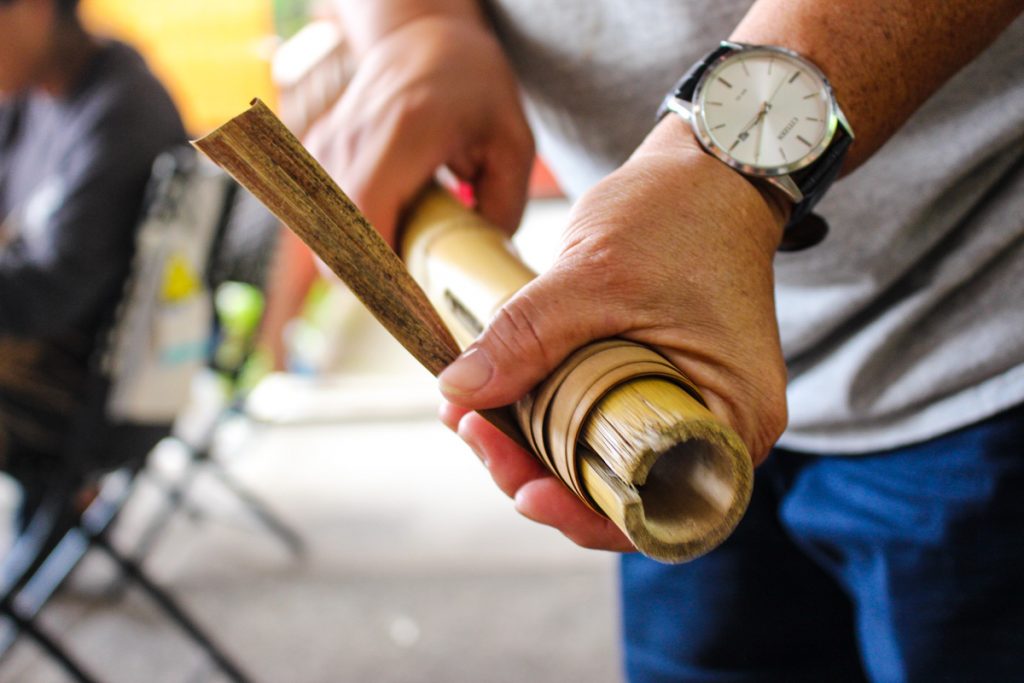
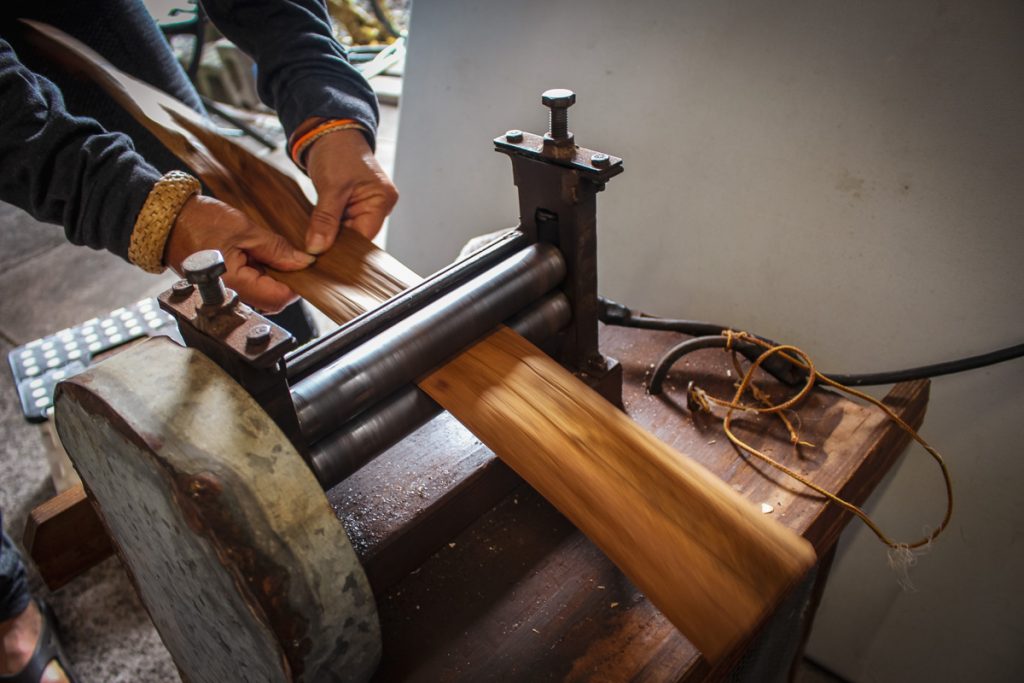
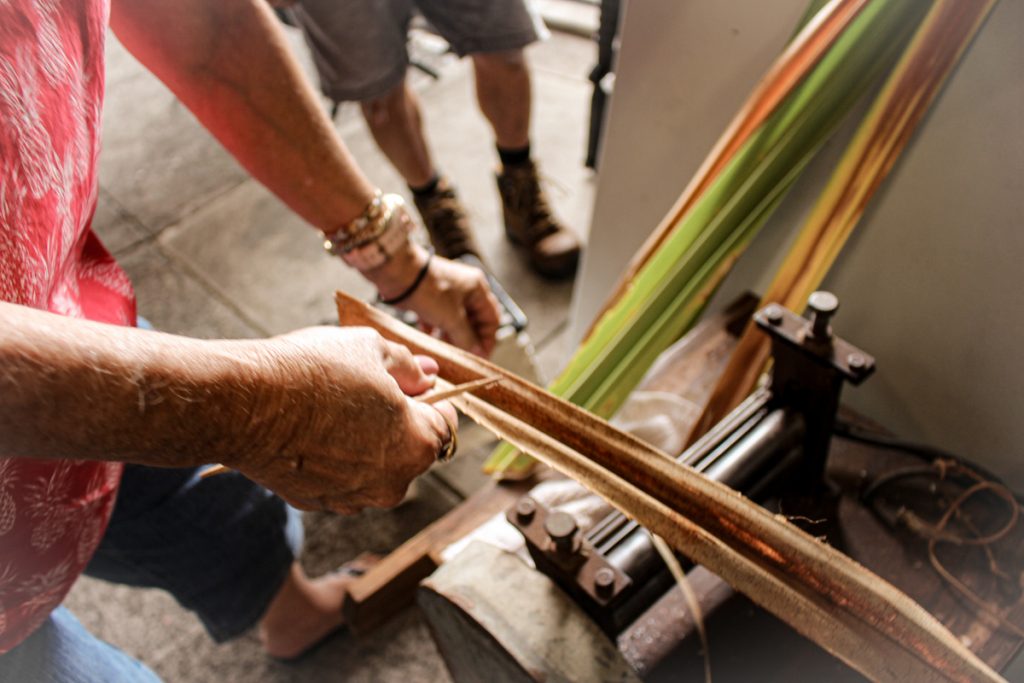
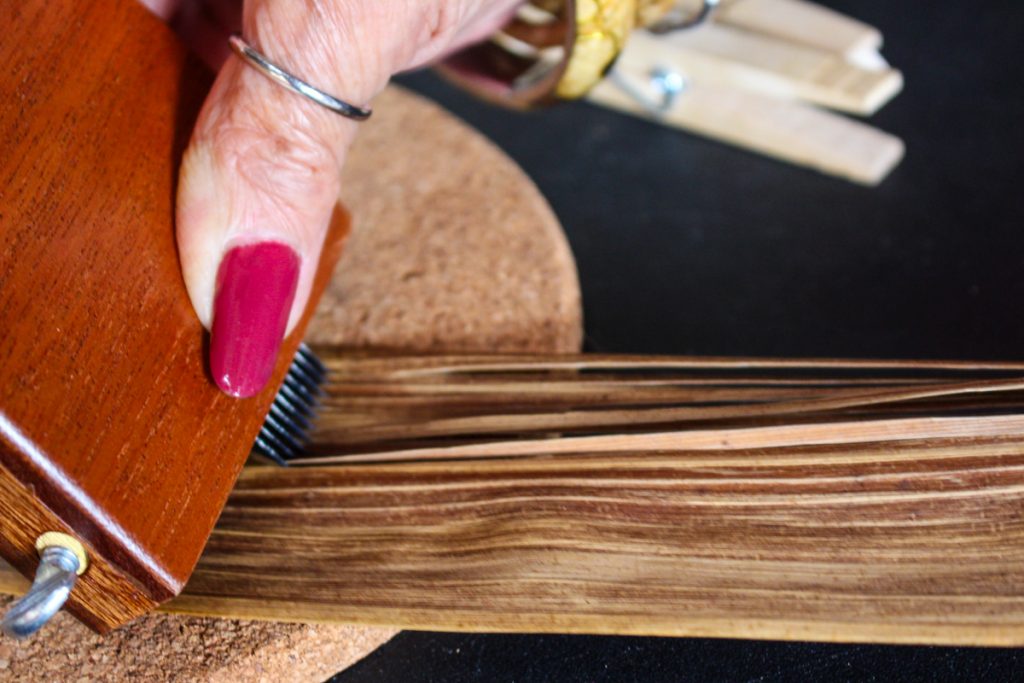
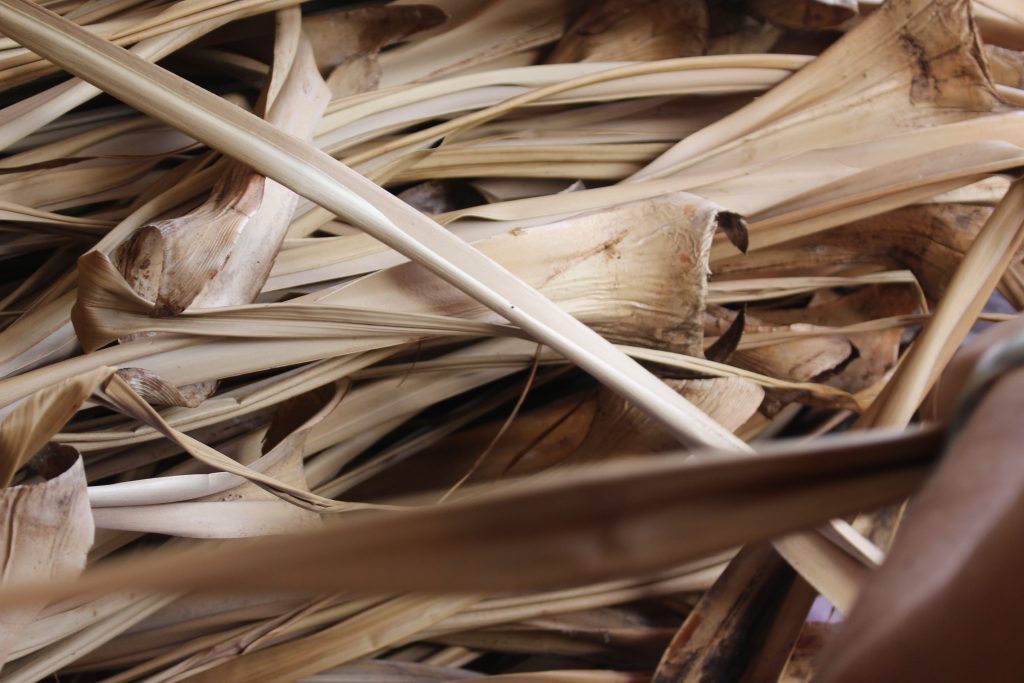







_1770333123096.webp)


